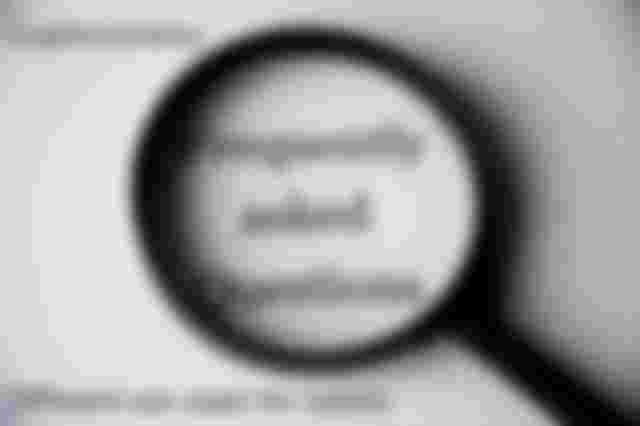Now that we understand the difference between a coin and a token, we can explore the different types of tokens. Based on my research, there are differing opinions on token classifications. I did my best to sort through the noise, and have presented a summary below.

Related reading: What's the difference between a coin and a token?
I found some articles suggesting there are up to 5 or 6 different types of tokens. But based on my understanding, I feel that most tokens can be classified into one of four main types: (Last edited October 22, 2020)
1) Security Token

These tokens are best thought of as on-chain representations of real-world property, securities, or other types of financial assets. Ownership can entitle an individual a right to a share of earnings, a right in property distribution, or other similar legal rights.
Examples:
Merido: Tokens represent real estate shares
Factor-805: Tokens represent real estate shares
Paxos Gold: Tokens backed by physical gold
By following the lead of Paxos Gold, an argument could be made that other stablecoins can be classified as security tokens.
Related reading: What is a stablecoin?
2) Utility Token

Utility tokens generally represent access to a service, or can function as a medium of exchange within an ecosystem.
Examples:
Basic Attention Token (BAT): Advertisers gain access to an individual's attention when consuming digital media with this token.
Golem (GNT): Individuals gain access to network computing power with this token.
SAND (SAND): This token is used as the basis for transactions throughout the Sandbox ecosystem.
3) Governance Token

The decision-making processes around decentralized protocols often require tokens to back blockchain-based voting systems. Governance tokens fill that role.
Examples:
Maker (MKR)
Compound (COMP)
Kyber (KNC)
4) Non-Fungible Token (NFT)
I have written a separate article to explain non-fungible tokens (NFT) in more depth. These tokens represent a unique asset (no two of them in the world are identical), and they have no value when divided. These can either be entirely digital assets or tokenized versions of real-world assets. In fact, some of these tokens are not available for mainstream use at the moment! I'm simply predicting their prevalence and acceptance will increase dramatically over the next five years.
Use cases for NFTs include:
Tickets for travel, or events such as concerts, conferences, etc.
Seat reservation
Degree and/or timing of access provided
Entitlement to specific services (refundable, transferrable, etc.)
Digital identity
Digital items (for gaming, gambling, and other industries)
Crypto-collectibles
Related reading: What is a non-fungible token (NFT)?
Last edited October 22, 2020
It's notable that some tokens can fit into more than one classification. New use cases will also present themselves regularly in this rapidly evolving industry. The next time someone speaks about a token, you can try to see if it fits into one or more of the four uses cases presented in this article.
Thanks for reading, and stay safe!
If you would like to support my work, please hit like 👍 and subscribe! 😊
Follow me on Twitter: @CryptoWordsmith
Last edited October 22, 2020
Cover image by loufre (modified by the author) from Pixabay
Image 1: Photo by Nick Chong on Unsplash
Image 2: Image by Mudassar Iqbal from Pixabay
Image 3: Image by B Ban from Pixabay
It's the perfect time to start earning free crypto while you learn about it!

If you want to earn free BCH, read.cash is always looking for aspiring authors. Previous writing experience is not required! I invite you to create an account using my referral link by clicking here.
Thanks for your support!
Resources:
https://academy.binance.com/en/glossary/token
https://blog.makerdao.com/the-different-types-of-cryptocurrency-tokens-explained/
https://blockgeeks.com/guides/utility-tokens-vs-security-tokens/
https://blog.liquid.com/whats-the-difference-between-security-tokens-and-utility-tokens





Good article my dear